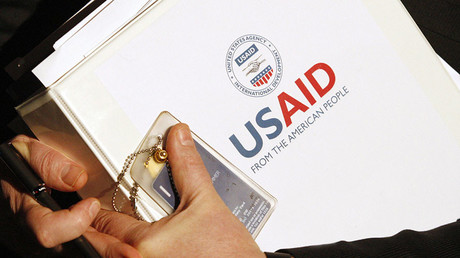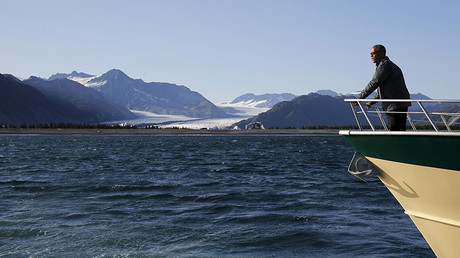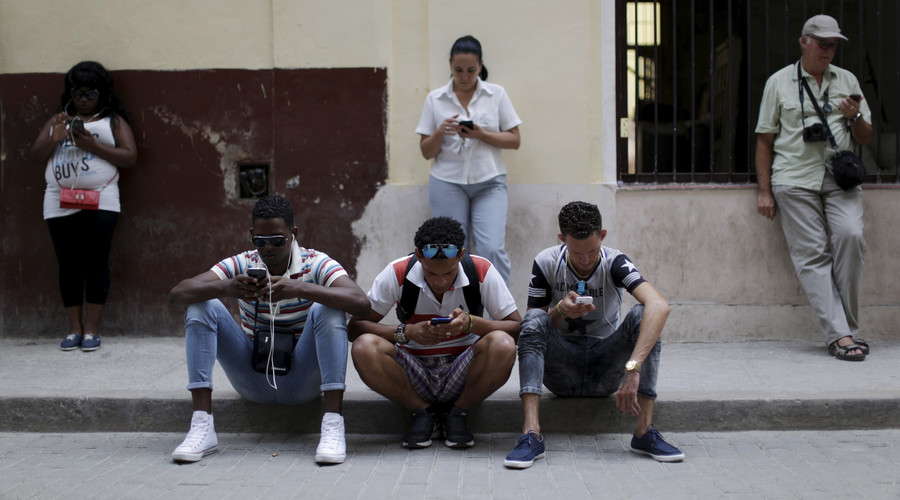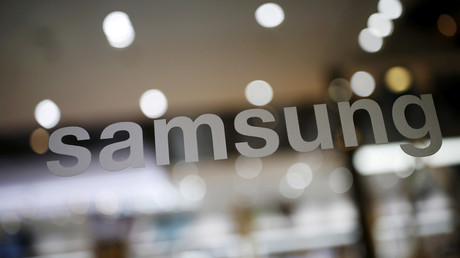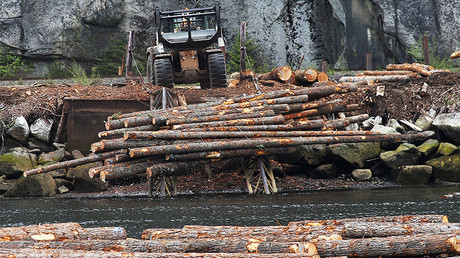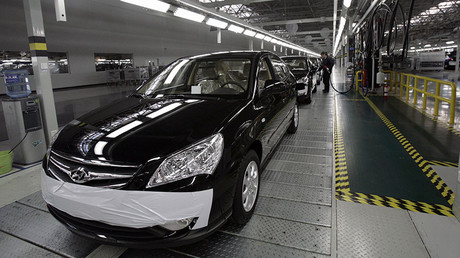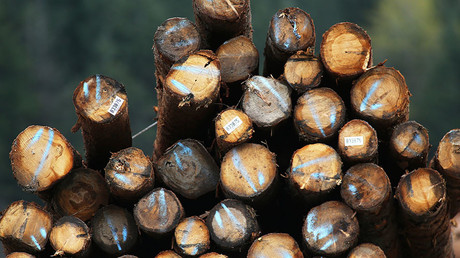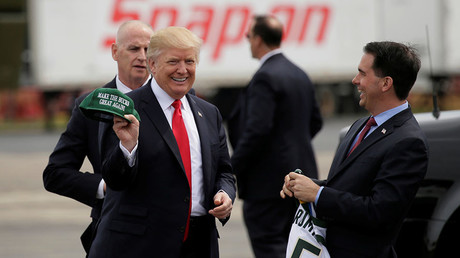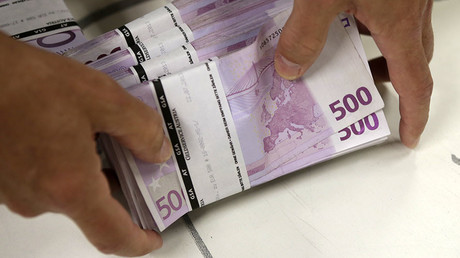Miguel Arias Canete, Europe’s commissioner for climate action and energy, came to the Islamic Republic for a two day visit to meet with senior Iranian officials, including the country’s atomic chief, vice-president, and ministers of oil and energy. He brought along representatives of some 50 companies and business associations from EU countries. The businessmen are attending a clean energy forum where some 40 Iranian companies are represented. The commissioner’s program also includes a climate change conference.
This is the latest in a series of high-profile contacts between Iran and the EU, where leaders appear concerned with the hardline rhetoric coming from Washington. US President Donald Trump has accused Tehran of “violating the spirit” of the 2015 nuclear deal, which lifted economic sanctions from Iran in exchange for it restraining its nuclear program.
The nuclear sanctions had hurt the Iranian economy, but also affected the country’s European oil customers. The deal has allowed for a rapid re-establishment of business ties.
“After the nuclear deal came into effect, trade between the EU and Iran has risen by 79 percent, exports from Iran to the EU have jumped by 450 percent, and the two sides have established a dynamic energy partnership,” Canete told the business forum.
“Now we want to take this success story one step further. The energy sector will feature prominently in our future relations and we are committed to fully tap into its economic and social potential while contributing to achieve our climate commitments,” he said.
On meeting Ali Akbar Salehi, the head of the Atomic Energy Organization of Iran, the EU commissioner reiterated Brussels’ support for the nuclear deal, while confirming that Tehran is in full compliance with its terms.
The two officials discussed a €5 million investment program, under which the EU would help Iran boost nuclear safety. Last week Tehran and the European Commission inked an agreement on creating a center dedicated to the issue in Iran. The EU will later help conduct a stress test of the Russian-built Bushehr nuclear power plant as part of the deal.
Two weeks ago, Tehran hosted another high-profile delegation from the EU headed by foreign policy chief Federica Mogherini, which included half a dozen European commissioners, Canete among them.
The EU is making an effort to boost the position of Iranian President Hassan Rouhani, according to Reuters. Hardliners in Tehran have criticized the moderate politician, who was Iran’s driving force behind the nuclear deal, saying the agreement should have delivered more significant economic relief, with the Trump administration’s accusations currently playing in their favor.
The deal did manage to bring some international businesses to Iran, including aircraft producers Airbus and Boeing, carmakers Peugeot–Citroen and Renault, and engineering giant Siemens. However, the country remains largely insulated from the international financial system, which depends much more on Washington’s regulatory decisions and control.
The US has criticized Iran on a number of issues, including its missile development program and support for the Syrian government. Washington also alleges that Tehran is funding terrorist groups. The bellicose rhetoric has some EU officials worrying that the breakthrough nuclear deal may fall victim to the bickering.
“We disagree that we have to address these issues by ditching the (nuclear) deal,” one EU diplomat told Reuters. “This will only empower those (in Iran) with a more confrontational stance – bring out the worst in the system,” they said.
“The Europeans want to at least create the optical impression they are politically invested in this deal working,” said Ellie Geranmayeh of the European Council on Foreign Relations, adding “even if from a commercial perspective, companies are essentially on hold.”
Rouhani is running for reelection on May 19, with the EU reportedly pressuring the US to delay a bill currently floating around on the Capitol Hill that would slap more sanctions in Iran.
Article source: https://www.rt.com/business/386654-iran-eu-energy-nuclear/?utm_source=rss&utm_medium=rss&utm_campaign=RSS


